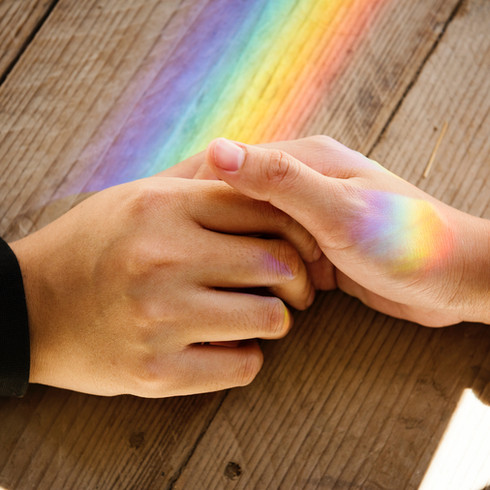Updated: Sep 19, 2021
If you are following my blogs you will hopefully by now realise the value of living simply, not only for your own sake but also for the sake of your loved ones who will clean up after you have left. You also know the importance of having the correct legal documents in place. My workshop in June 'When I Die" will deal with all the important things we need to have in place and be aware of in order to prepare for a Good Death.
I have been present at quite a few transitions and am very aware that something that gives great peace towards the end is when people know they have made a contribution. It's important to look back and see that the world is better off for you having been here. We are all mostly contributing in our own unique ways: creating the next caring generation, creating ideas or businesses that become a legacy, or even just doing a simple job well. But there are little things we can pay attention to now that will make a big difference to how we feel about our lives when there is not much of it left over.
The Living you Leave Behind

When your living here ends, think about what will continue living as a direct result of you having been here. We don't only leave material things. We leave the children born through and from us, as well as ideas, stories, letters, values, gardens, and memories. We leave the silken threads of love and kindness we extended to people along our path. We leave all the words we spoke throughout our life. We also leave bits of anger, resentment, harsh words and lack of kindness.
Make an inventory of what you would be leaving behind if something happened to you tomorrow. It's pretty sobering but the cool thing is we really can change things we become aware of. We just can't change the things we don't confront. See what you would leave behind as a pattern with colors. That's what energy looks like, and you leave behind the energetic imprint of yourself. Leave love, kindness, apologies, and a small planetary footprint. Leave your story in the form of a family tree for your children to look at, letters for people you love. Write this now and schedule one day a year to update them. Write things you can't say, or are worth saying one last time. It will always feel too soon to do these things, but rather too soon than too late.
Leave some of your wealth to those that have nothing or very little. Endowments have tax benefits and Estate Planning benefits and when left wisely can be money that does only good. Look into donor - advised funds and platforms
Make sure that the energy of what you leave behind assures and continues growth, be it of the planet, loving kindness or the people you love.




